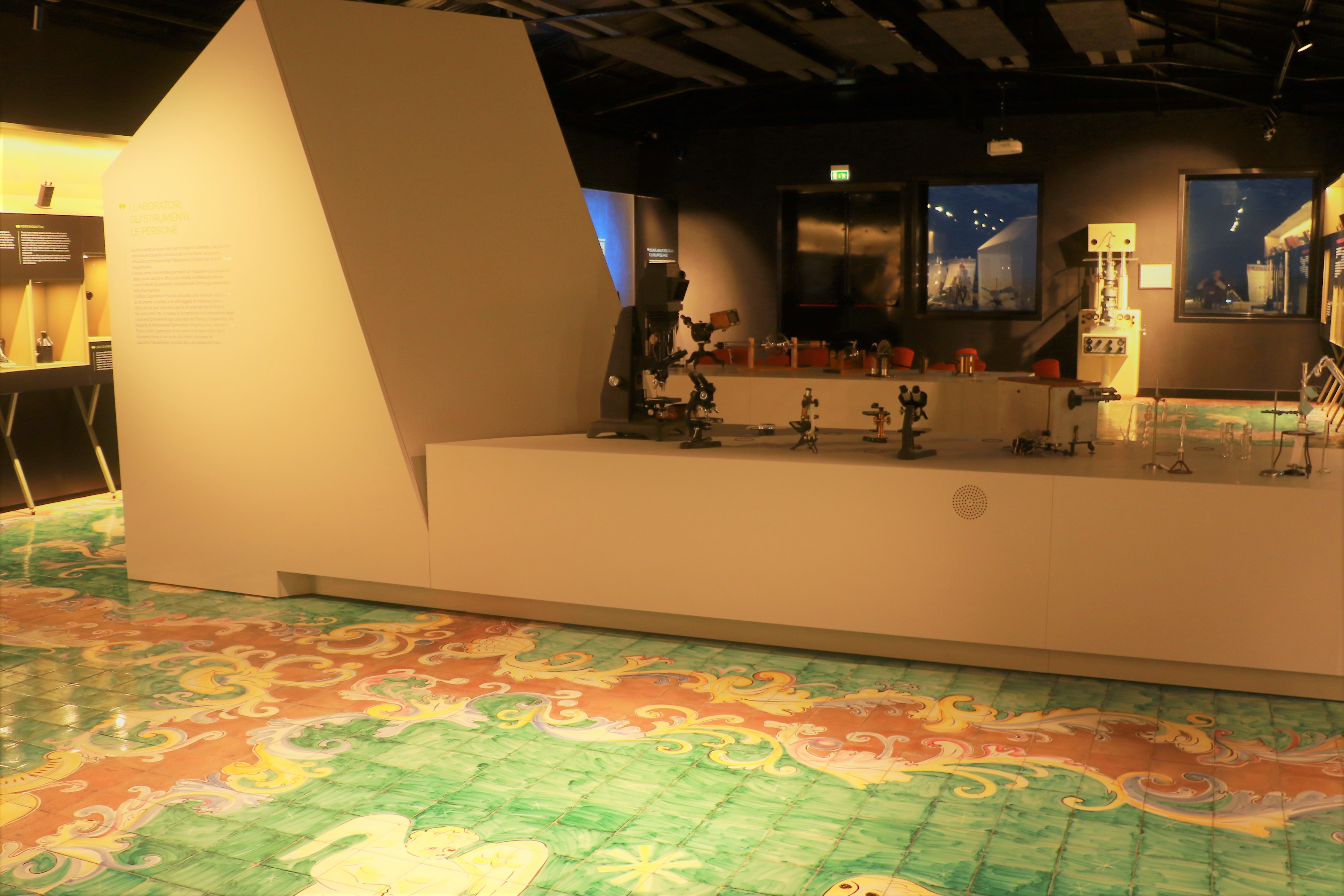ITALIAN NATIONAL INSTITUTE OF HEALTH
 The Italian National Institute of Health (Istituto Superiore di Sanità, ISS) is the main Italian research institute in the biomedical and public health field. It is the technical and scientific body of the Italian National Health Service.
The Italian National Institute of Health (Istituto Superiore di Sanità, ISS) is the main Italian research institute in the biomedical and public health field. It is the technical and scientific body of the Italian National Health Service.
Promotion and protection of public health are pursued through activities carried out especially in the areas related to the following types of diseases: neurological, psychiatric, oncological, haematological, genetic, infectious, cardiovascular, endocrine-metabolic, immune-mediated, and ageing-related.
The Institute develops tools and strategies aimed at ensuring food safety, fighting zoonoses and promoting the adoption of healthy diets. It assesses the environmental risks for human health and carries out environmental monitoring, biomonitoring and surveillance.
 As the official Italian medicines control laboratory it performs quality and safety evaluation of medicines to be marketed or already on the market. In addition, it carries out research and performs preclinical and clinical assessment of medicines including their discovery, development, and testing.
As the official Italian medicines control laboratory it performs quality and safety evaluation of medicines to be marketed or already on the market. In addition, it carries out research and performs preclinical and clinical assessment of medicines including their discovery, development, and testing.
Other activities include: research and therapies against HIV/AIDS and related syndromes; research and analysis of population health from a global perspective to combat inequalities in access to healthcare services; research to validate diagnostic practices and therapies in gender medicine; research in the field of mental health to detect environmental etiopathogenetic mechanisms and to promote psycho-physical welfare; research, surveillance and prevention of addiction and doping; assessment of health risks arising from the use of chemical substances and cosmetics, prevention and surveillance of harmful substances and poisoning exposures; prevention of risks deriving from exposure to ionizing and non-ionizing radiation and development of methods in computational physics; coordination of animal testing activities to protect animal welfare; research and monitoring on quality and safety of delivering healthcare services to patients; assessment of health technologies; research in telemedicine, new health information technologies and innovations.
The Institute hosts the National Reference Centre for rare diseases, the National Transplant Centre and the National Blood Centre.
The Institute collaborates on research activities and clinical trials with national institutions performing public health functions such as the Ministry of Health and the Ministry for the Environment, regions, local health units, hospitals and scientific institutes for research, hospitalisation and healthcare. It is also involved in a wide range of international activities including scientific and technical support to the European Commission and its Member States, to WHO, EFSA, ECDC, IARC, OECD, OIE, UNEP, and other organizations, and to developing countries, to countries with economies in transition, and to those suffering natural emergencies or war situations.
The Institute plans, develops and organizes training courses on health education in the field of public health for the personnel of the National Health Service. It also organizes congresses, conferences, workshops and seminars both at national and international level on important public health issues.
